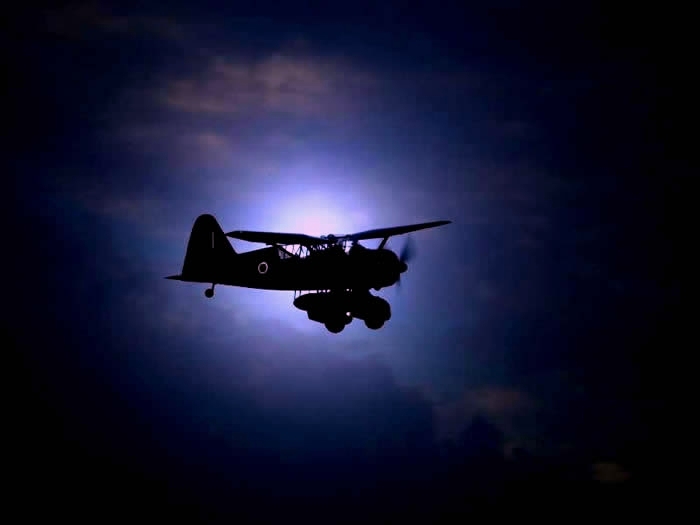I’m not aware that Churchill ever spoke or wrote of it, but it’s apparent that he did think in terms of a system.
A system is simply a set of components that interact to produce a particular outcome. To change the outcome, we can change the components, or change the interaction between components. Most of Churchill’s work during the war involved understanding and changing components and interactions.
Most of the requests Churchill sent out asking for reports (often on one side of one page) can be understood as requests for information about a component of the system, or for information on how components interacted. He seems to have used this information to build for himself a mental picture of how the system worked — a system calculated to produce the defeat of the Axis powers.

The Westland Lysander, a single-engine, two-seat aircraft with exceptional short takeoff and landing capabilities. Originally developed as a liaison aircraft for the British army, during the Second World War it was used by the Special Operations Executive to support resistance groups, flying agents into and out of occupied Europe on moonlit nights.
Where parts of the system didn’t seem likely to produce the desired outcome, he changed the system. He created, or had created, new components — the Special Operations Executive (an organization to support resistance groups and conduct espionage, sabotage, and reconnaissance in occupied Europe, all designed to stretch the resources of the German aremed forces, and to keep them on edge), the Ministry of Aircraft Production (to streamline production of new aircraft and repairs to damaged ones), the Pipe Line Under The Ocean (oil pipelines under the English channel, safe from enemy attack, to supply allied armies in Europe after the Normandy landings), and the Mulberry harbors, (take-it-with-you harbors that allowed the allies to quickly unload cargo at the Normandy beachhead, rather than having to capture heavily fortified harbors on the French coast), for example. The deception plans for the landings in Normandy were extraordinarily extensive, a vast and integral part of what was in itself a vast overall plan for the liberation of Western Europe. It was all a part of single system intended to defeat the Axis powers. It required the ability to see and understand the system as a whole, something that is lacking in many would-be leaders.
You, too, must learn to think in terms of a system.
More Leadership Lessons from Winston Churchill:
Listen.
Ask questions.
Give clear directions.
Don’t get angry at challenges to your ideas. Learn from them.
In most cases, it isn’t the person, it’s the process.
Learn to think in terms of a system.
Go and see for yourself.
Measure a lot of things, and have something to compare them to.
Have courage. Tell the truth, and expect others to do the same.
Great oratory is built on great arguments. Master your facts and your arguments first.
Copyright 2015, 2018 by Paul G. Spring. All rights reserved.
